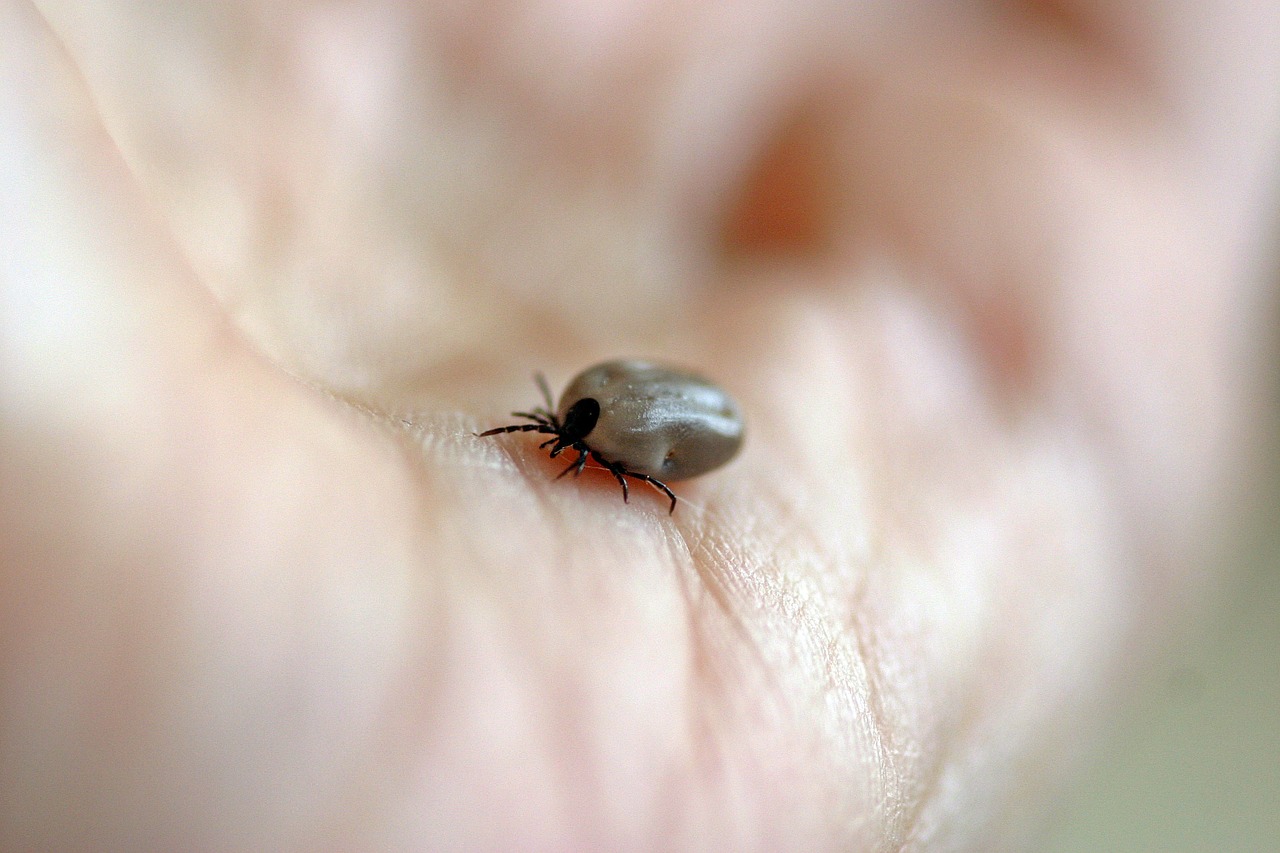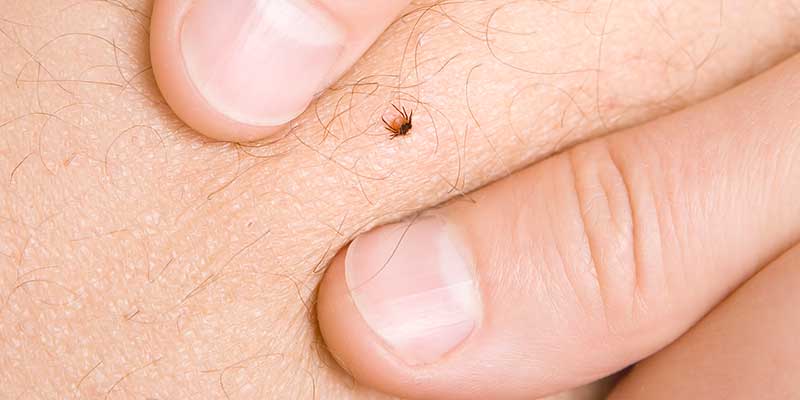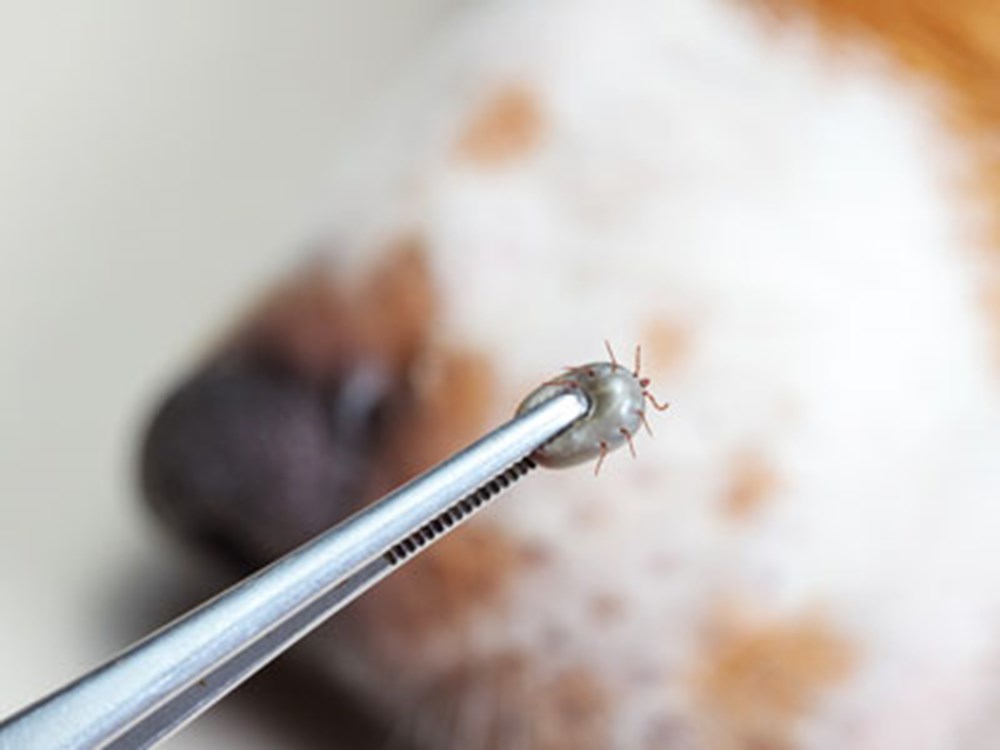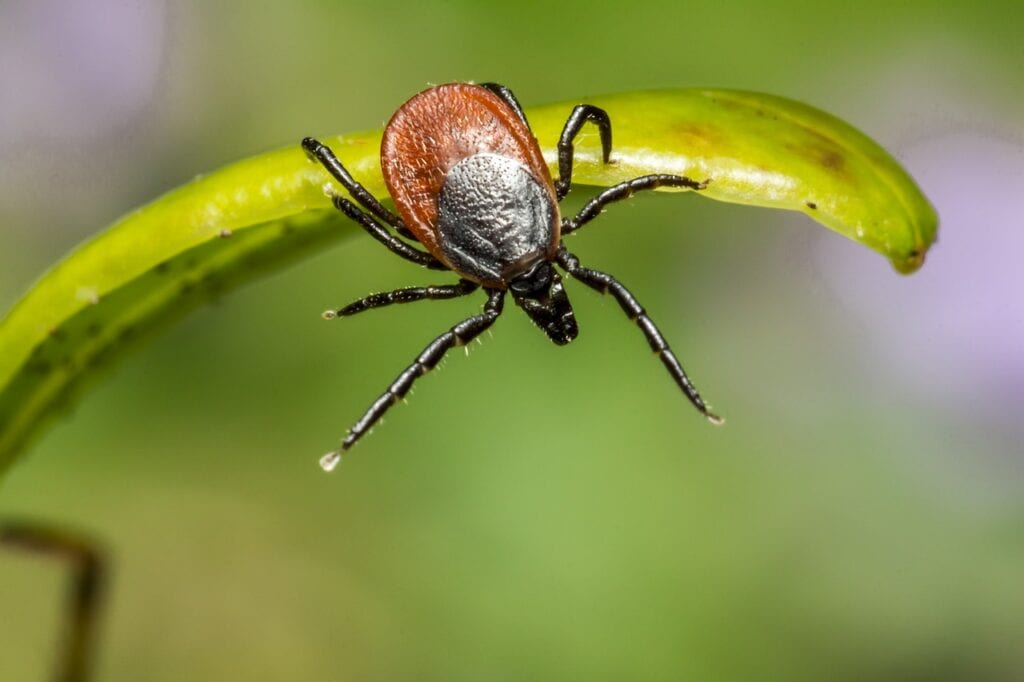Protecting Yourself from Tick-Borne Diseases

Tick-borne diseases are diseases that can be transmitted by ticks. You need to bear in mind that not all ticks can transmit infections. This is because there are many different types of ticks. However, this does not mean that you should not protect yourself from ticks. Ticks can host more than one pathogen. Therefore, you may find cases where the insect has transmitted more than one infection. These diseases can affect animals and human beings alike.
Types of Tick-Borne Diseases

As aforementioned, there are very many different types of tick-borne diseases and the most common is Lyme disease. Once an infected tick bites a human being or an animal, they get infected. The disease has prevalent symptoms such as fever, headache and general body fatigue.
If you live in tick-infested areas, do not ignore such symptoms because if you contract Lyme disease and you fail to seek medical assistance, the infection may spread to the nervous system, heart and joint. This will can easily turn out to be fatal. You may develop arthritis or paralysis if you go completely untreated.
Even though ticks can attach themselves to any part of the human body, they prefer areas such as the private parts, the head and armpits. Transmission of Lyme disease can only occur if the tick attaches itself for more than two days on its host. The majority of human beings get Lyme disease through contact with nymphs, which are immature ticks. It does not mean that mature ticks cannot cause infection. But you can feel them and they are easily noticeable before they can cause any infections.
Transmission

It is yet to be proven that Transmission of Lyme disease can be from one person to another, but if a pregnant mother contracts Lyme disease, it can affect the placenta and spread to the fetus.
The good thing is, which proper prescription of antibiotics, curing the disease is possible. Lyme disease can be very stubborn. It can stay in transfused blood; therefore, if you contract Lyme disease, be sure not to transfuse blood even if you have received treatment using antibiotics.
Take some time because there is a condition called post-treatment Lyme disease syndrome. An individual who once had Lyme disease and has completed the prescribed antibiotics still exhibit symptoms for up to six months.
Other types of tick-borne diseases include anaplasmosis, babesiosis and ehrlichiosis.
Tick Removal tactics

The moment you realize that there is a tick stuck on your skin, remove it as quickly as possible because the ticks not only cause infections but also suck your blood. Clean the bitten area with plenty of water, then either use alcohol to rub the area. Soap and water can be used too as an alternative. In whatever case, you should never crash a live tick with your hands as they contain contaminated blood and in the process of crashing it, the blood may make contact with your skin.
Another way you may choose to use in removing a tick is by using a pair of tweezers and grabbing it close to the mouth. Do this by avoiding the swollen part that contains infected blood. Some ticks are small in size and you may not be sure if you remove their whole body. In such cases, be sure to watch out for any symptoms of skin infections. Do not panic if the tick’s head gets stuck on your body because they cannot transmit infections in this manner.
Common mistakes usually done when a tick gets stuck on the skin are forcing it out by applying jelly or trying to burn it alive. You will be exposing yourself to infections because smothering or burning the tick will make it uncomfortable. It may force the tick to release the infected fluids in its body. You may also harm yourself through burns.
Ways of Protecting Yourself from Tick-Borne Diseases

Pets are covered with furs; therefore, their bodies can be perfect breeding grounds for ticks such as cats and dogs and can harbor ticks in their bodies because. Their bodies are perfect breeding grounds for ticks as they can hide in there. Even though there is no scientific proof of spreading tick-borne disease from pets to the owners, it is always smart to be cautious enough and frequently wash your pets and treat them with tick control products designed for animals.
When preparing meat at home, be it beef, pork or mutton, be sure to cook it thoroughly. If you slaughtered the animal at home and cooked it immediately, the blood on it may still be infected. Make sure you cook the meat well to ensure food safety.
As discussed above, an individual recovering from any tick-borne disease should avoid transfusing blood because the bacteria causing the infection can survive in blood stored for donation. To erase the bacteria from your blood system, take time before considering transfusing blood even after being done with antibiotics. This way, you can prevent the disease from transmitting to other individuals.
Always cut your grass short because ticks love grassy areas. Ticks do not thrive in dry areas; therefore, ensure that your home surroundings do not have moisture. When maneuvering in woody areas, wear long-sleeved clothing as tick love part of the body with moisture like the armpits. For you to notice the ticks easily, opt for clothes with bright colors.
To prevent ticks from getting close to your body, make use of essential oils. These essential oils exhibit nice fragrances, such as lemon, lavender and peppermint, naturally act as repellents to ticks. Purchase toilet soaps, shampoos and body oils that naturally have these scents.
Wrap Up
borne diseases can turn out to be fatal once they are left untreated. To prevent such, seek medication when you present symptoms of any tick-borne disease. No infection lacks prevention methods. Therefore, to protect yourself and those around you from contracting tick-borne diseases, follow the prevention measures discussed above. If the pests are out of control, you can always contact Excel Pest Services for professional assistance.




